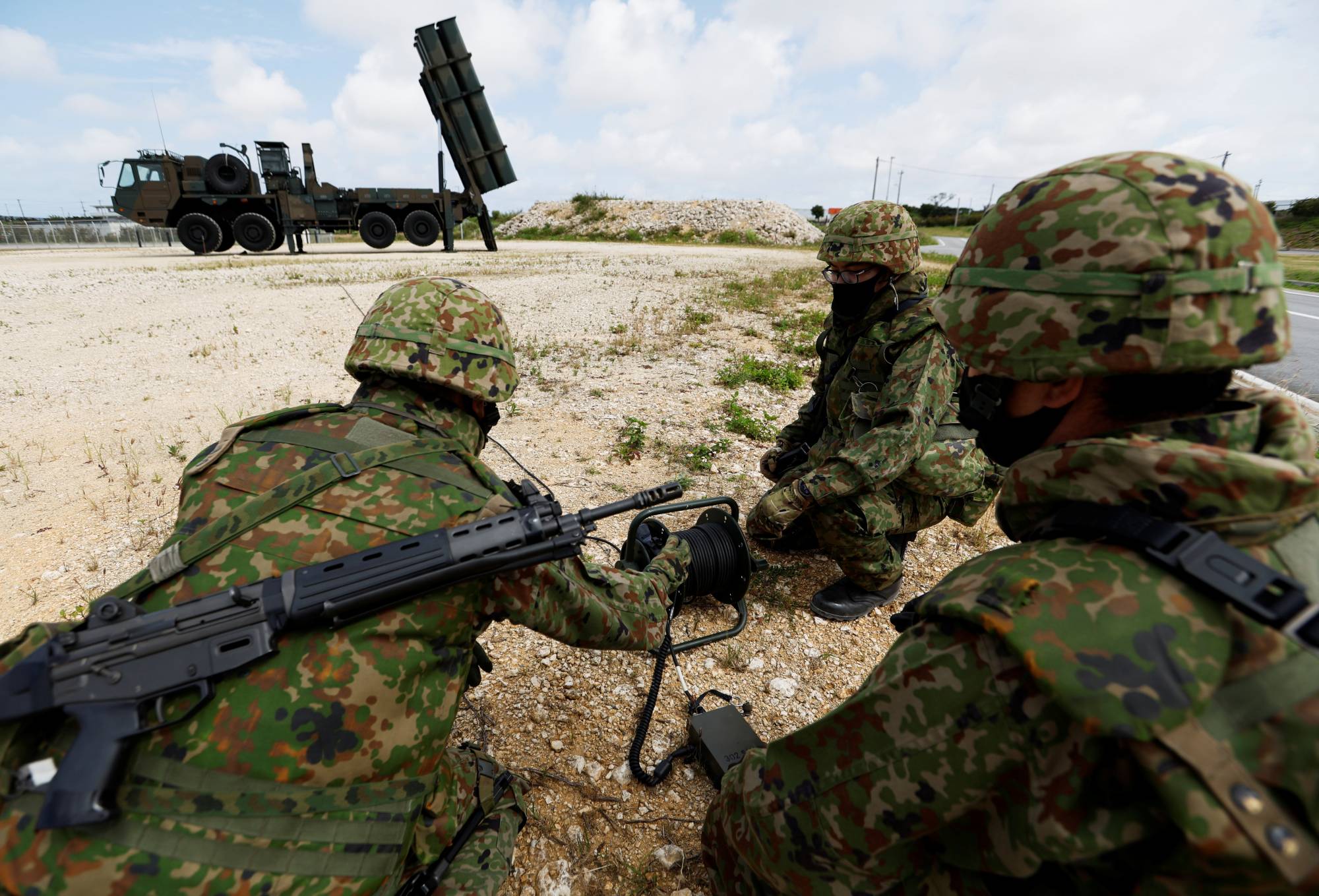Japan underscored the potentially long-lasting impact of the war in Ukraine on the Indo-Pacific region in its annual defense white paper released Friday, devoting an entirely new section to the conflict and its implications for Asia.
The focus on the ongoing conflict thousands of kilometers away comes as Japan looks warily at military powerhouse China and its plans for self-ruled Taiwan, with Prime Minister Fumio Kishida warning repeatedly that "Ukraine today may be East Asia tomorrow.”
“If Russia's aggression is tolerated, it may give the wrong impression that unilateral changes in the status quo are allowed in other regions, including Asia,” the white paper said. “The international community, including Japan, must not tolerate such aggression.”

















With your current subscription plan you can comment on stories. However, before writing your first comment, please create a display name in the Profile section of your subscriber account page.